READY TO GET STARTED?
REQUEST A FREE ESTIMATE
Fill out the form below or call (888) 466-7849 for a free, no-obligation estimate.
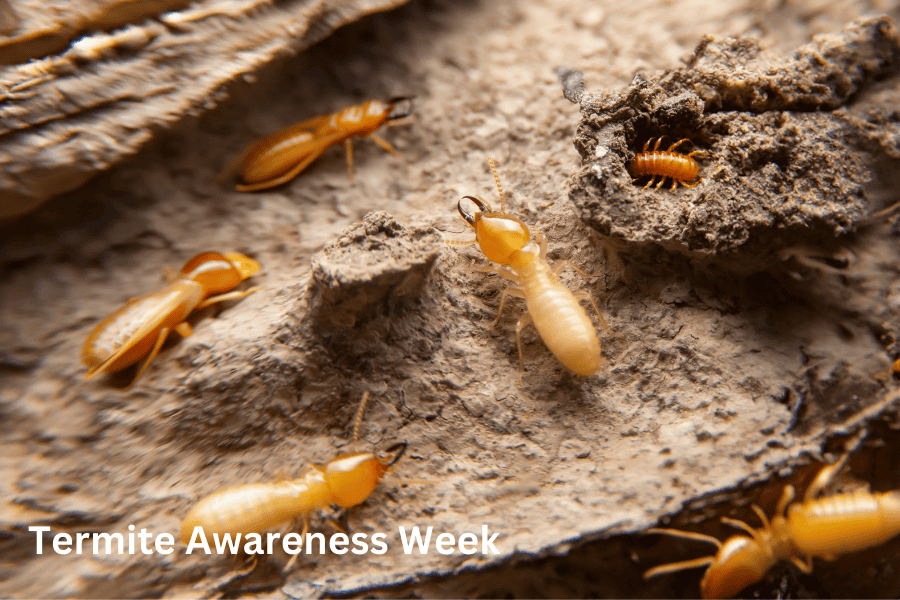
Termites may be small, but their destructive power is anything but. Each year, these silent invaders cause billions in property damage, and in Bonita Springs, Florida—a place where the warm, humid climate is a perfect breeding ground for termites—preventing these pests is crucial for homeowners, making eco-friendly termite control a priority for Florida homeowners.
This Termite Week, we’re spotlighting sustainable, eco-friendly termite control methods that not only protect your property but also protect the environment. Traditional treatments often rely on harsh chemicals that can harm both human health and local ecosystems. Thankfully, green termite control offers a smarter, healthier way to eliminate these pests. If you’re looking for environmentally conscious ways to protect your home, this guide covers effective green solutions for termite control.
Bonita Springs may be known for its sunny skies and beautiful beaches, but it’s also a prime location for termite infestations. The tropical climate and abundant wood sources make it a haven for both subterranean and drywood termites. Here’s why termites pose such a threat:
Understanding their behavior and acting quickly is key to preventing these hidden threats.
While traditional methods—like chemical pesticides—are effective at eliminating termites, they can also harm the environment. These chemicals can seep into the soil, affecting beneficial insects, plants, and even water sources. Fortunately, eco-friendly termite solutions are making it possible to control termites without resorting to harmful chemicals.
Eco-friendly termite control options are gaining popularity for their effectiveness and sustainability. Here’s how you can combat termites the green way:
Baiting systems strategically place stations around your home, containing growth regulators that termites carry back to the colony, eliminating them at the source.
Why it’s green: Minimal chemical use and focused, targeted treatment for insects that shed their exoskeleton.
Installing physical barriers such as sand or steel mesh around your home prevents subterranean termites from gaining access.
Why it’s green: Long-lasting protection without chemicals.
Boric acid disrupts termites’ digestive systems, effectively eliminating them.
Why it’s green: Low toxicity and can be directly applied without harming other organisms.
Orange oil, derived from orange peels, disrupts termites’ respiratory systems and prevents them from laying eggs.
Why it’s green: Plant-based, biodegradable, and effective for localized infestations.
Green termite control doesn’t end with treatment. Regular inspections are vital for early detection. Pest control professionals use non-invasive methods . Ongoing monitoring systems can also be set up to track termite activity throughout the year, ensuring long-term protection.
Prevention is key to avoiding termite infestations. Here are simple ways to reduce the likelihood of attracting termites:
Termites don’t have to threaten your home or your environmental values. Eco-friendly termite control methods offer a sustainable solution that’s effective in keeping your home guarded from these destructive pests.
This Termite Week, take action to protect your home with green termite control practices. Reach out to a local pest control professional who specializes in sustainable solutions and protect your home while keeping the environment intact.
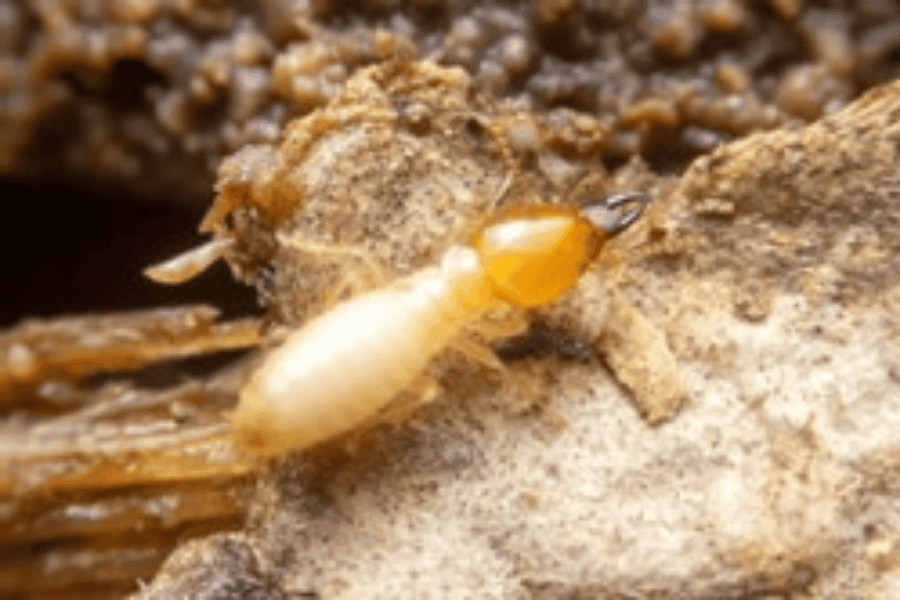
Subterranean termites may be small, but their impact on Florida homes is anything but minor. Responsible for billions in property damage each year, these tiny insects can create significant challenges for homeowners. But what if there was a way to protect your home from these silent destroyers without harming the environment? Enter green pest control—an eco-friendly, effective solution for managing subterranean termite infestations. In this guide, we’ll walk you through the essentials of subterranean termites, the importance of eco-friendly termite control, and the best strategies to keep your Florida home termite-free.
Subterranean termites are among the most destructive pests in Florida, thriving in its warm, humid climate. These wood-eating insects live in underground colonies, creating mud tubes to travel to and from their food sources, which often include your home.
Recognizing the early signs of a termite infestation—such as mud tubes, hollow-sounding wood, or discarded wings—is crucial for preventing extensive damage.
Traditional pest control methods often rely on harsh chemicals that can harm human health, pets, and the environment. For homeowners in Florida, green pest control provides an eco-conscious alternative. By choosing green methods, you’re protecting both your home and the environment.
Opting for green pest control isn’t just good for your home—it’s good for the planet, too.
Managing subterranean termites requires specialized knowledge and eco-friendly solutions. Here are some of the most effective green pest control methods available today:
Termite baiting systems attract termites and gradually disrupt their colony’s growth. Many modern bait systems use reduced-toxicity materials, ensuring minimal environmental impact.
Beneficial nematodes are natural, soil-dwelling organisms that act as predators to termites. By introducing them into your yard, they infiltrate termite colonies and release bacteria that eliminate termites from within.
Derived from citrus peels, orange oil contains d-limonene, a natural compound lethal to termites. This biodegradable oil can be applied to infested wood directly and is fine for both indoor and outdoor use.
Orange oil works best for small, concentrated infestations and is most effective when combined with other green strategies for broader control.
IPM combines eco-friendly products, preventive measures, and strategic monitoring to provide a comprehensive, long-term solution. This approach emphasizes understanding termite behavior, reducing attractants, and creating a less hospitable environment for pests.
Now that you know about the eco-friendly termite control options, here’s how you can start protecting your home:
Don’t wait for subterranean termites to cause costly damage to your home. By choosing eco-friendly termite control methods, you’re investing in a sustainable, pest-free future. Find your local pest control experts in Florida and get started creating the healthy home you deserve.
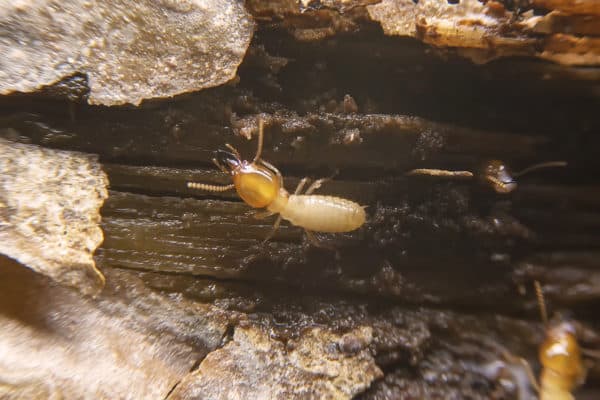
Termites cost homeowners billions of dollars each year in damages, treatments, and repairs. While traditional termite treatments are extremely effective at eliminating and controlling termite populations, environmentally sensitive homeowners often go in search of more green pest control options. One popular trend on the market today is orange oil treatments. Orange oil is an extract from orange rinds and is commonly used in cleaning solutions and food additives. The active ingredient in orange oil treatment is D-limonene which kills termites on contact by breaking down their exoskeleton and destroying their eggs. Orange oil treatments are the most common no-tent, no move out, organic termite control solutions.
Let’s look at some of the pros and cons of orange oil termite treatments:
Orange oil treatments are only effective against drywood termites because these pests live and colonize the wood they are infesting. They are not effective against subterranean termites as these pests live in the soil and only come up to feed on wood. Orange oil treatments will begin with a termite inspection to determine the type of termite and the extent of the infestation. Once the areas of termite damage and activity are identified, the technician will drill a hole into the wood and treat the infested areas. Orange oil is then injected into these drilled holes where it spreads throughout the wood beams via capillary action, passing through porous cells in all directions. This kills any termites and eggs on contact. This does not, however, kill any termites that don’t come in contact with the oil treatment. After treatment, the holes are then patched and painted.
In summary, orange oil does, in fact, kill termites but it is limited in its effectiveness. It is considered a secondary spot treatment as it is only effective when it is applied to areas with active infestations. Any termites that remain undetected and untreated will continue to eat, continuing the damage to your home. Because of this, multiple treatments are usually required. These treatments don’t eliminate the entire termite colony, leaving your home vulnerable. Whole structure treatment (fumigation) is a guaranteed method of completely exterminating termites from a structure. During fumigation, the whole house is treated at once. Fumigant gas is used to penetrate the walls, floor, lumber, and other surfaces where termites reside. If you suspect you have a termite issue, contact a professional pest control company who can help identify the type of termite you have, the scope of the infestation, and the best treatment options for your home.
How Much Does It Cost To Remove Animals From Your Attic?
Is Mosquito Control Needed in Winter?
Cold Weather Sends Roaches Indoors: 5 Tips to Prevent Them This Winter
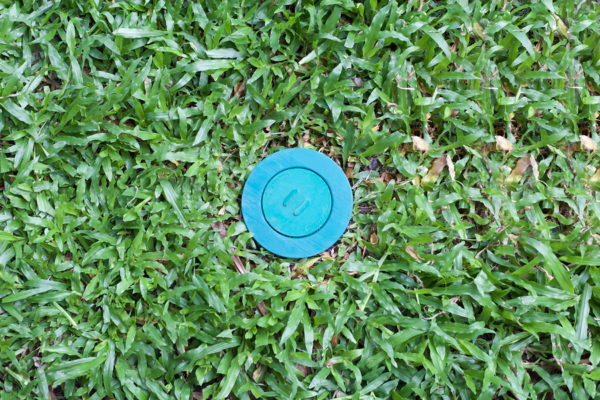
Spring is the time of year when termites swarm, emerging to mate and establish new colonies. Unfortunately, these new colonies are often established inside our homes. An average of 5 million US homes are infested each year by termites, causing an average of $5 billion in damage annually. What many people don’t realize is that termite damage isn’t covered by homeowner’s insurance policies. What’s a homeowner to do? One thing to consider is the Sentricon Always Active bait system for termite control. Sentricon is a highly effective, environmentally responsible treatment option for termites. What is included with the Sentricon system?
If you suspect you have a termite problem contact a professional pest control company who can provide you with a thorough inspection and recommend a comprehensive termite treatment and prevention plan.
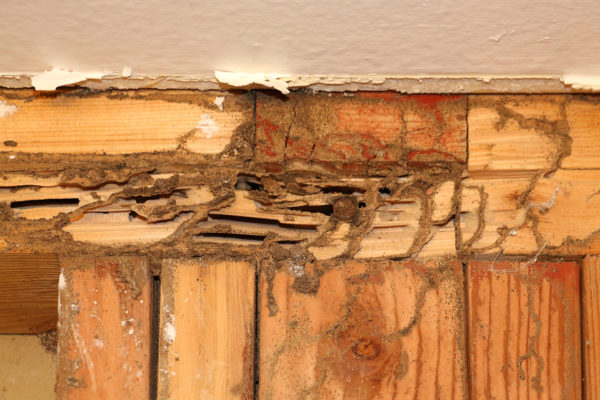
If you’ve been outside lately you’ve probably seen signs of spring – blooming flowers, pollen that aggravates our allergies, and lots of new insects buzzing around. Another thing that spring brings is swarms – of termites! Termites are present year round but their swarming season is during spring and early summer.
Termites cause billions of dollars in damage to homeowners each year. Here in the Southeast, subterranean termites are the most common types and are particularly destructive. These insatiable eaters can damage not only wooden structures, but have even been known to cause damage to brick and concrete homes as well. Termites can invade your home through cracks and holes as small as 1/32 of an inch!
Swarms are most common in spring and summer because they are triggered by warm, humid weather. Swarming marks the start of a new termite colony. Winged termites leave their nests when they become overcrowded and their isn’t enough food to sustain them. They then take flight and actually reproduce in mid-air. The females will then shed their wings and fall back to the ground. They then go in search of a new location to start their colonies.
Swarmers don’t usually cause any damage but once they establish their new colonies their offspring can cause significant damage – usually within 2 years. If you see flying termites it can signal one of two problems:
If you see winged termites inside your home this is a good indication that you already have an established termite colony inside or that there is existing damage already.
What can you do to prevent termites from coming into your home? Check out these tips to keep the termites out!
As always, if you suspect you have termites or find signs of damage, contact a termite control company who can come in and do a thorough inspection and set you up with a comprehensive treatment plan.